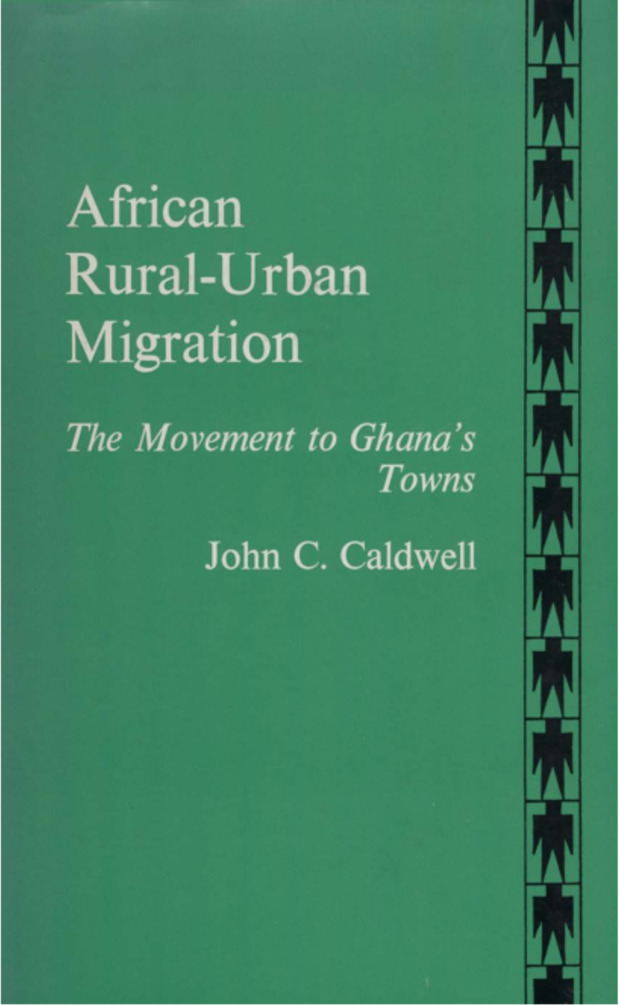
Ahmedabad: a study in Indian urban history »
Publication date: 1969
In what the author describes as a preliminary excursion into Indian urban history, he writes here not about Indian cities in general but about the unique experience of a particular city, Ahmedabad, the capital of Gujarat State in western India and for many years the home of Mahatma Gandhi and Sardar Patel. Ahmedabad, India's sixth city in size and one of the richest, was not a creation of British rule but an old center of trade and industry that adapted to the new age and became "The Manchester of India." Its recovery in the nineteenth century, after a decline in the previous one, contrasted with the experience of other Indian cities, many of which suffered a different fate under British rule. Ahmedabad provides an interesting qualification of many of the statements commonly made about Indian industrialization. Western influence and social change there were limited in the nineteenth century, and the early industrialization of the city was achieved within a society that remained socially and politically conservative. Modern Ahmedabad was the creation of Ahmedabadis, not of outsiders. In no other great city of India can the continuity of past and present be seen so clearly, and it is continuity rather than change that this book emphasizes. Mr. Gillion's account, focusing mainly on the century beginning with the British annexation in 1817, suggests a new way of viewing Indian social and economic history. Indirectly but none the less suggestively, this work reopens the whole question of westernization in India and places it in a fresh perspective.








